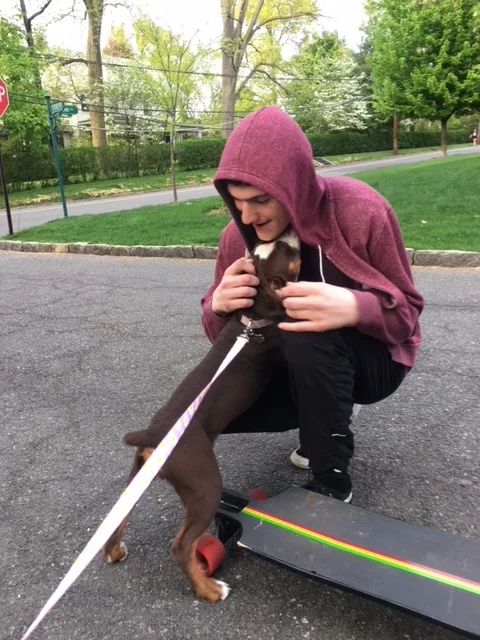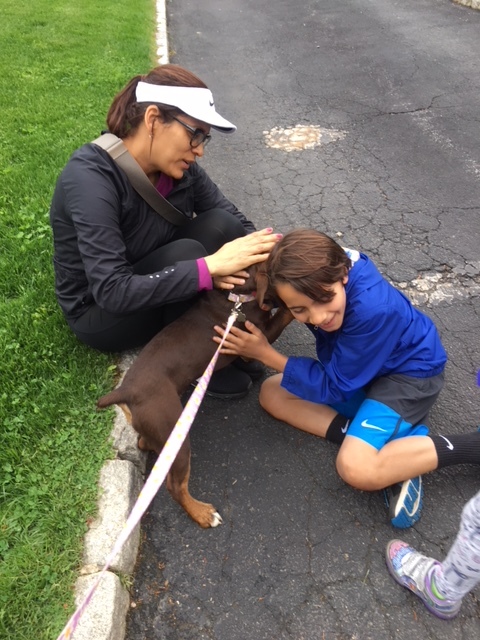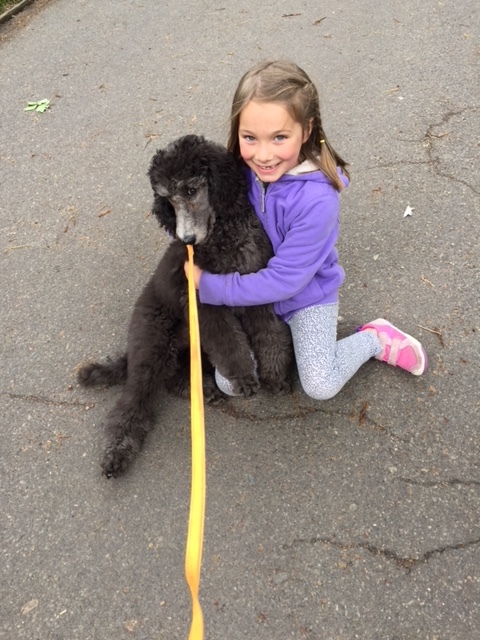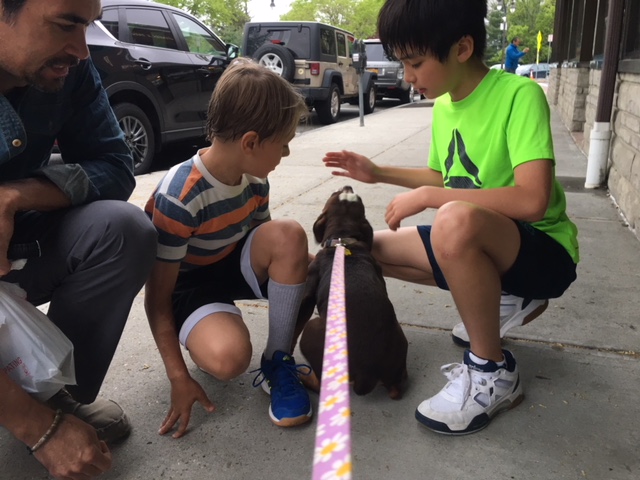First of all thank you all SO much for the kindness and support of STCA and the dedication to your dogs over the years. You all know that I love what I do. My human and canine students always make me smile, and canine behavior never fails to inspire and fascinate me.
My journey has lead me to a teaching opportunity at Wonder Dogs in Corvallis, Oregon. I will be training there and fleshing out their current curriculum with plans to buy the business next year. I’m truly looking forward to realizing my dream of owning my own training facility.
This doesn’t come without the cost of leaving all my wonderful clientele and their amazing dogs. I will genuinely and sincerely miss every single one of you. My heart hurts just thinking about it.
THE GOOD PART:
I will be coming back to the east coast semi-regularly to teach at Camp Unleashed and Sea & Shore Camp.
I am setting up an Associate SassyT Trainer program that will keep you in good hands when I leave.
I am even dreaming about adding a day or two of home-visit lessons onto the beginning or the end of my camp trips.
I’d really truly love to stay in touch.








































